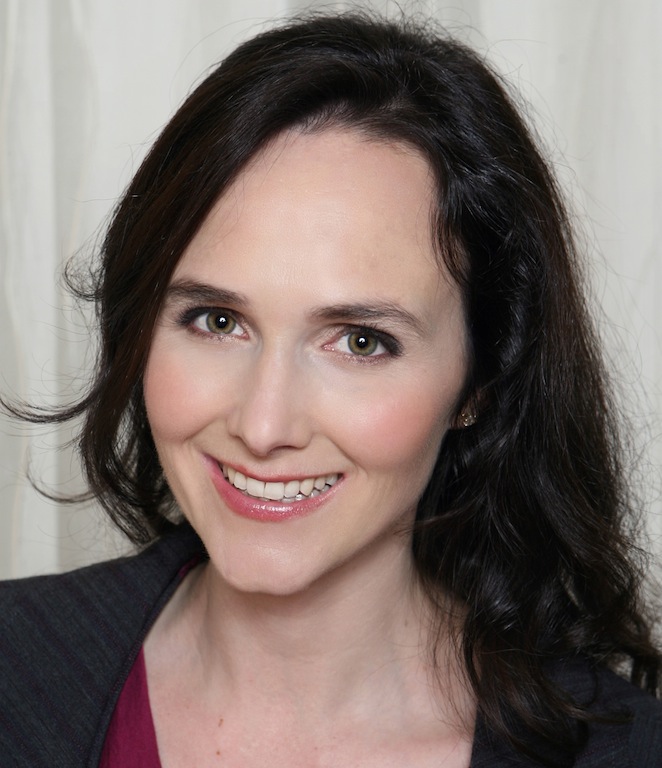When Sightline first started working on advanced voting systems, our main goal was for more people to know that they exist, and how they can improve democracy. In 2018, major media outlets helped us get the word out by publishing a slew of articles about and editorials in favor of ranked choice voting and proportional representation.
Washington policymakers and voters have made great strides on democracy reforms in recent years, implementing automatic voter registration, pre-registration for 16- and 17-year-olds, passing the Washington Voting Rights Act, and making it easier for people to vote by increasing the number of ballot drop boxes and pre-paying postage for vote-at-home ballots.
The next step for reformers could be implementing ranked-choice voting and proportional representation systems that give voters more choice and more voice in elections. These are proven, common-sense solutions to some of voters’ biggest concerns about democracy, including gerrymandering, negative campaigning, bitter partisanship, voter apathy, “safe” seats, lack of accountability, and unfair representation. But voters don’t know about them. Last year ranked choice voting and proportional representation seemed to take leaps and strides into the mainstream consciousness, with reporters from some of the biggest media outlets in the country writing favorably about them.
“There’s a reason voters in proportional representation countries are less disenchanted with politics than we are. Their systems work better.” — David Brooks, New York Times, May 2018
“If this (proportional representation) reform were implemented throughout the country, it should result in a House of Representatives that actually looks and thinks like America. It would be a House that represents all views and all demographic characteristics in close proportion to their shares in the whole adult population of the United States.” — American Prospect, October 2018
“RCV may be unable to force liberals and conservatives to like each other, but it could at least blunt the electoral effects of hyperpartisanship.” — The Economist, June 2018
“One quick result of this would be that no seat is truly safe. Some states would be reliably conservative and others reliably liberal, but any given member would need to retain a reputation for being hard-working and honest to avoid falling just off the bubble.” — Vox, October 2018
Washington State has made great progress on democracy reform, and it could take the next step towards ranked choice voting and proportional representation. The Local Options Bill, which lawmakers will consider during this legislative session, would free Washington cities, counties, and school boards to act as laboratories of democracy and try out ranked-choice voting here in the Pacific Northwest. Just as Portland, Maine, piloted ranked choice voting before the entire state adopted it, localities in Washington might take the lead and find solutions that could work for the whole state. At the moment, local jurisdictions’ hands are tied by state law. The Local Options Bill would change that. This kind of solution got ink too:
“Localities should consider a reform that empowers the majority by allowing voters to rank their choices. Ranked-choice voting, also known as instant-runoff voting, has been used successfully in other countries as well as a growing number of U.S. cities, including San Francisco, Santa Fe, N.M., and Minneapolis.” — Washington Post, June 2018.
“Other cities, countries and organizations already use ranked-choice voting, including San Francisco, Australia and the Academy Awards’ best picture category. Proponents of the system say that it fosters majority rule by design, can cultivate more centrist candidates and more civilized campaigns and opens the door for stronger third-party candidates — or at the very least removes the fear of ‘vote splitting.’” — Washington Post, November 2018
Maine’s path to statewide ranked-choice voting wasn’t easy—voters and courts had to re-affirm it many times in the face of fierce opposition by the two major political parties. But in the end, it worked—Mainers elected Representative Golden by a majority, rather than a plurality. More voters had a voice, the election was competitive but civil, and the Representative is accountable to a majority of voters. Washington’s path to better voting may also be hard-fought, but the results could be just as positive.
Ranked-choice voting “in Maine is a real ray of hope in dark times: If it is emulated elsewhere, it is much more likely to create real political competition and empower the kinds of leaders who actually might have the will to solve the biggest challenges we now face.” — Slate, June 2018










Randy Grein
Ranked choice voting does not provide the solutions people think it does, unfortunately. It WILL allow a strong third-place candidate to bubble to the top sometimes but it does little in the aggregate to solve these problems. That the Washington Post would endorse it is no surprise at all, no background in mathematics. Proportional representation, depending on the implementation has a real shot at solving the problems as advertised, but it’s wonky and hard to explain to people used to winner takes all.
I am not too surprised that the Economist comes out in favor of Ranked Choice – an overall good magazine they suffer from myopia and an excess of libertarian ideals when examining root causes.
Keep up the good work. Getting this moved forward will be difficult, but with benefits far outpacing that effort.
Kelly Gerling
Kristin, what is your strategy for Washington State to implement proportional representation to create a multiparty legislature?
Same question for the two national legislatures comprising Congress?
Sara Wolf
Have you heard of STAR Voting? It got it’s debut in Lane County Oregon where it got over 47% of the vote. STAR won by a landslide in Eugene and earned over 70% in some districts like Central Eugene. The STAR team ran 2 ballot initiatives in Oregon last cycle and put this new reform on the map. For a huge grassroots effort around a new idea that’s not bad!
http://starvoting.us